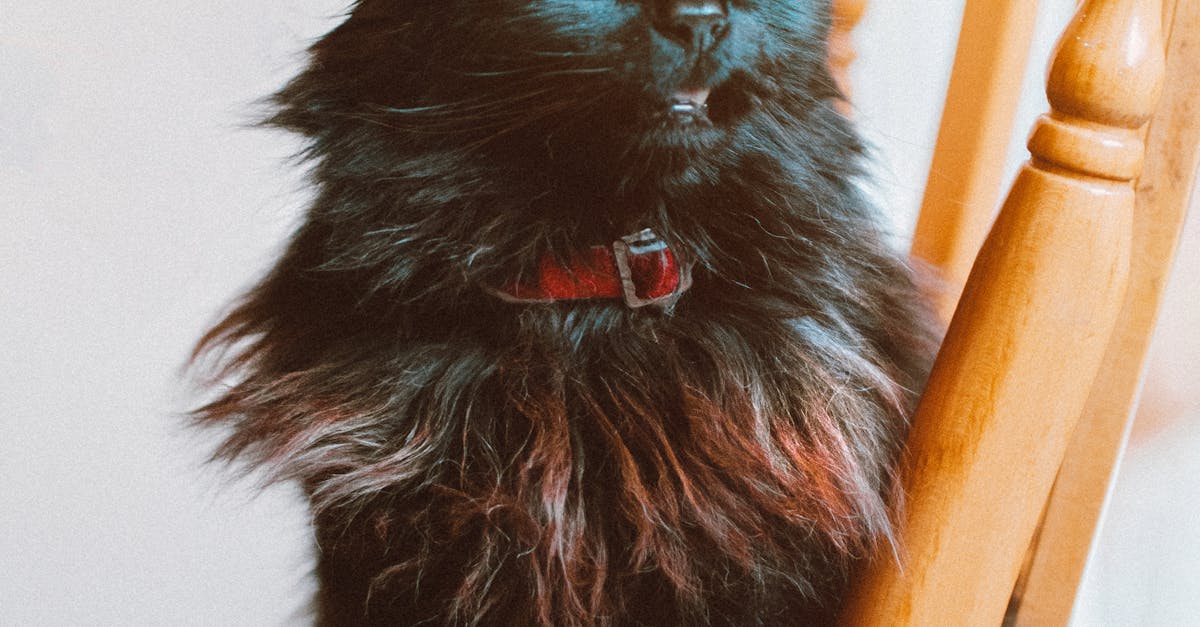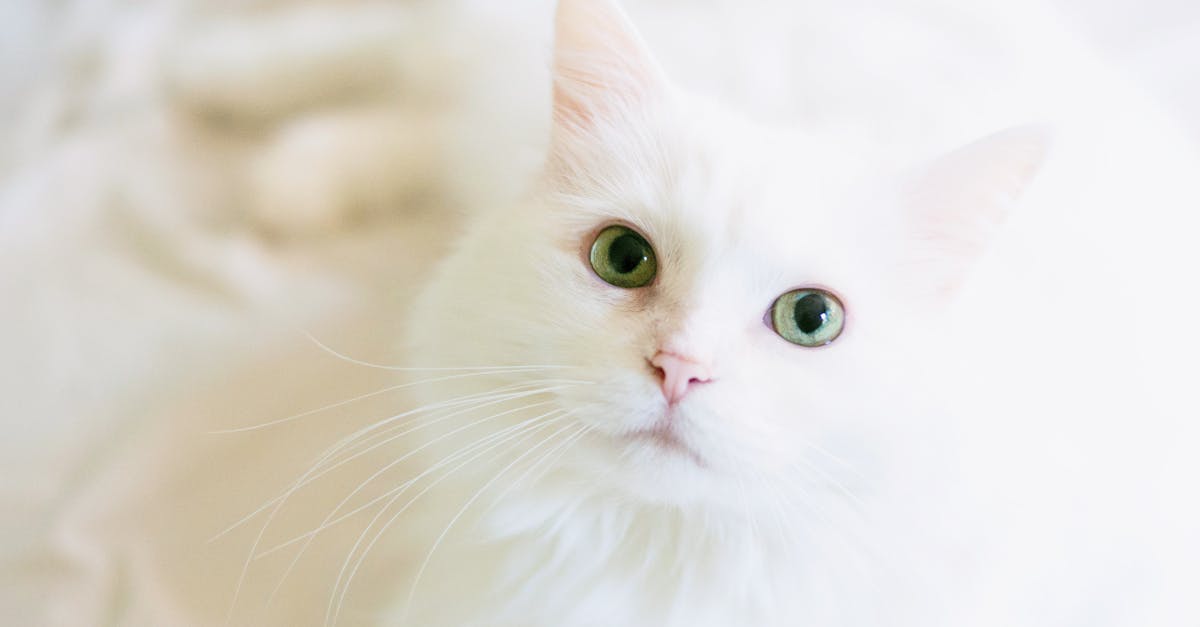Does your cat have an odd fascination with chewing on cords? While it might seem harmless or even playful at first, this habit can pose significant risks to your cat's health and your home’s safety. Understanding why your cat chews on cords and how to stop this behavior is crucial for keeping your feline safe and happy.
🐾 Why Do Cats Chew on Cords?
There are several reasons why your cat might chew on cords, ranging from natural instincts to underlying health or behavioral issues. Identifying the root cause can help you address the problem effectively.
- Teething in kittens: Just like human babies, kittens go through a teething phase. Chewing on cords or other objects helps soothe their gums.
- Curiosity: Cats are naturally curious creatures. A dangling cord can appear like a toy, prompting your cat to bat at it or chew on it.
- Attention-seeking behavior: If your cat notices that chewing on cords gets a reaction from you, they may repeat the behavior to gain your attention.
- Stress or boredom: Cats may chew on cords as a way to relieve anxiety or boredom, especially if they lack mental stimulation or a proper outlet for their energy.
- Pica disorder: Pica is a condition where animals eat non-food items, including fabric, plastic, or cords. This can stem from nutritional deficiencies or psychological issues.
⚠️ The Dangers of Cord Chewing
Chewing on cords is more than just a quirky habit—it can be life-threatening for your cat. Here’s why you should address this behavior immediately:
- Electrocution: A cat that bites through a live electrical cord can suffer from severe burns, shock, or even death.
- Choking hazard: Frayed pieces of cords can become lodged in your cat’s throat, leading to choking or intestinal blockages.
- Damage to your home: Beyond the risk to your cat, chewed cords can cause electrical malfunctions, fires, or damage to expensive devices.
If your cat shows signs of burns in their mouth, difficulty breathing, or other concerning symptoms after chewing on a cord, contact a veterinarian immediately.
🐱 How to Stop Your Cat from Chewing on Cords
Breaking your cat’s cord-chewing habit requires a combination of environmental changes, behavioral training, and, in some cases, medical intervention. Here are some practical steps to protect your cat and your home:
Cover or Remove Cords
The first step is to make cords inaccessible to your cat:
- Use cord covers or tubing to hide exposed wires.
- Secure cords to walls or furniture to prevent them from dangling.
- Unplug and store cords when not in use, especially for small appliances or chargers.
Provide Chew-Appropriate Toys
Redirect your cat’s chewing behavior by offering safe alternatives:
- Provide rubber or silicone chew toys specifically designed for cats.
- Offer interactive toys to keep your cat mentally and physically stimulated.
- Use catnip toys to grab their interest and encourage healthy play.
Apply Deterrents
Cats dislike certain tastes and smells, which can help deter them from chewing on cords:
- Apply a bitter apple spray or a citrus-scented deterrent to cords.
- Ensure the deterrent is pet-safe and reapply it regularly for effectiveness.
Address Stress and Boredom
If stress or boredom is the cause, focus on improving your cat’s environment:
- Engage in daily play sessions with wand toys or laser pointers.
- Provide perches, scratching posts, and window views for mental stimulation.
- Consider using a pheromone diffuser to reduce anxiety.
Consult Your Veterinarian
If the behavior persists, it’s time to seek professional help:
- Your vet can rule out medical issues like dental pain or nutritional deficiencies.
- For cats with pica or anxiety, your vet may recommend dietary changes or anti-anxiety medications.
- A veterinary behaviorist can help develop a tailored training plan for your cat.
📋 FAQs
Q: Is cord chewing common in cats?
A: Yes, many cats chew on cords out of curiosity, boredom, or stress. However, it’s important to address this behavior to prevent injury or accidents.
Q: Can teething kittens outgrow cord chewing?
A: Most kittens stop chewing on cords once their adult teeth come in, typically by 6–8 months of age. Providing appropriate chew toys can help redirect the behavior during this phase.
Q: What are the signs of electrocution in cats?
A: Symptoms include burns around the mouth, drooling, difficulty breathing, seizures, or collapse. Seek veterinary care immediately if you suspect electrocution.
Q: Can I use aluminum foil to deter my cat from cords?
A: Yes, some cats dislike the texture or sound of aluminum foil. Wrapping cords in foil can act as a temporary deterrent while you implement longer-term solutions.
References
Book a $49 online vet consultation at https://www.dialavet.com for fast, expert advice.












.jpg)










